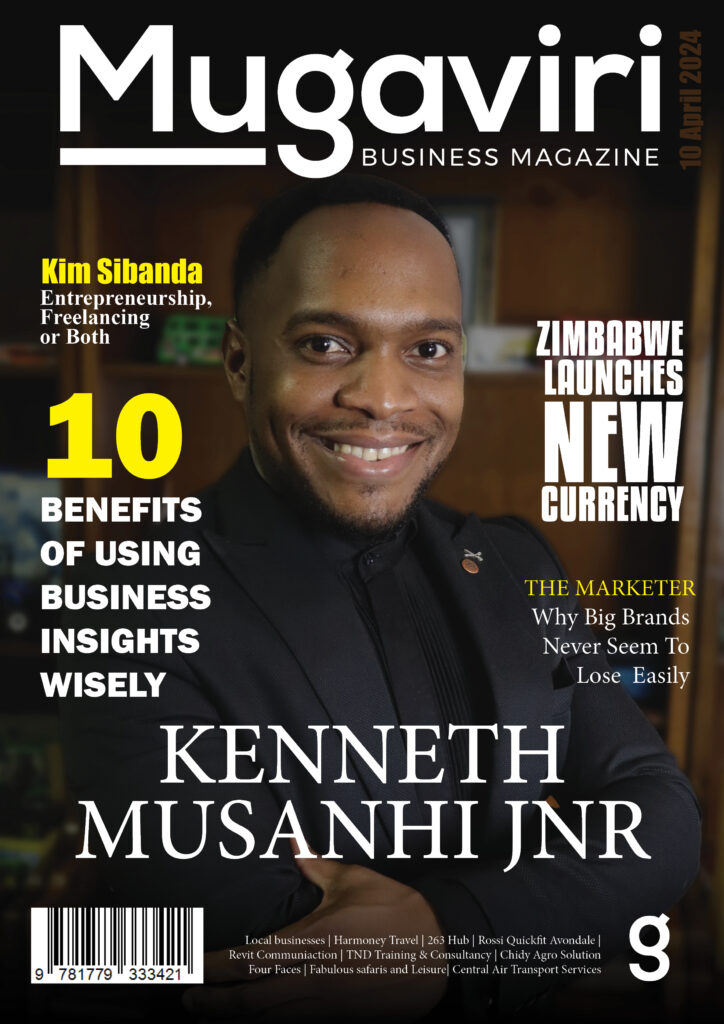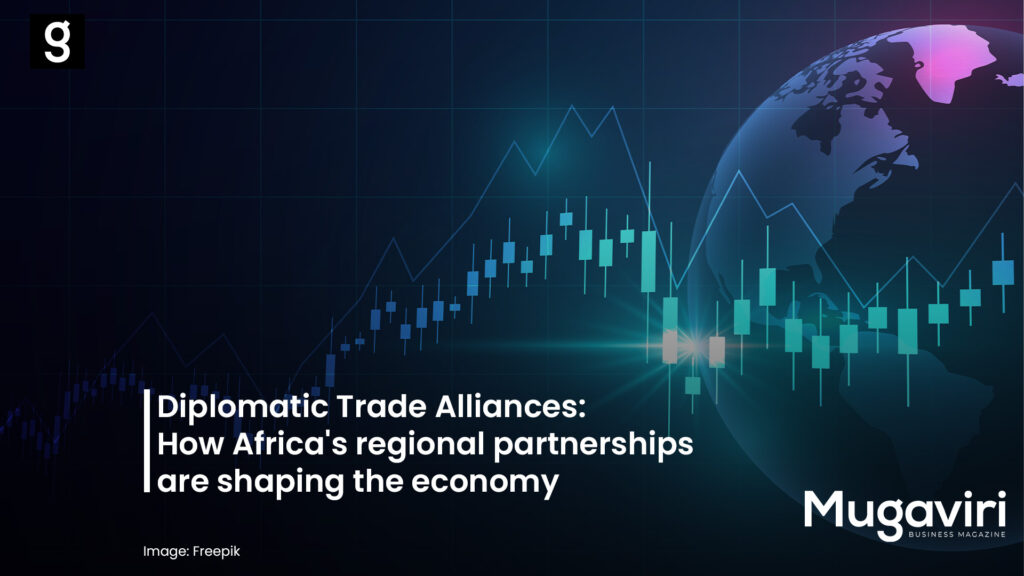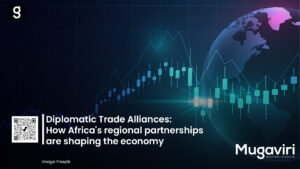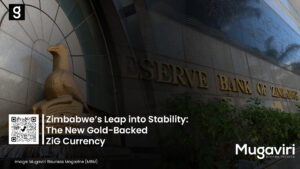
Discover more
Starlink: A New Era of Connectivity in Zimbabwe
Zimbabwe has just made a significant development that promises to reshape the…
Zimbabwe’s Leap into Stability: The New Gold-Backed ZiG Currency
In a bold move to stabilize its economy, Zimbabwe has introduced a…
Shaping the Future of Work
The year 2024 marks a pivotal moment in workplace dynamics, especially in…
Diplomatic Trade Alliances: How Africa’s regional partnerships are shaping the economy

Economic diplomacy has been instrumental in fostering regional integration, which is a key driver of economic growth and development in Africa. Initiatives like the African Continental Free Trade Area (AfCFTA) are prime examples of economic diplomacy at work, aiming to create a single market for goods and services across 54 countries.
Economic diplomats engage in negotiations to establish favorable trade terms within regional blocs. These agreements reduce barriers, enhance market access, and encourage cross-border commerce. These diplomatic efforts showcase investment opportunities, create investor-friendly environments, and attract foreign direct investment (FDI). Regional cooperation allows countries to pool resources and jointly promote investment.
Joint infrastructure projects Begin to emerge Like the African Museum I Harare Zimbabwe. These initiatives enhance connectivity, boost trade, and improve regional integration.
Launched on January 1, the AfCFTA is a game changer for Africa. Currently, Africa accounts for just 2% of global trade, with only 17% of African exports being intra-continental for finished products excluding raw materials. However, the AfCFTA aims to transform this by creating the largest free trade area in the world, connecting 1.3 billion people across 55 countries with a combined GDP valued at $3.4 trillion which we believe the actual value is triple this number. The agreement focuses on reducing trade costs, eliminating 90% of tariffs, addressing non-tariff barriers, and creating a single market with free movement of goods and services. It also covers the movement of persons, labor, competition, investment, and intellectual property. By facilitating specialization, productivity growth, and cross-border value chains, the AfCFTA can raise growth rates, enhance living standards, and improve resilience to shocks.
Regardless of how much potential benefits these alliances might have there are challenges that need to be addressed. Many African countries struggle with inadequate infrastructure, which can hinder trade and investment opportunities. Some regions face political instability, which can deter foreign investment and complicate diplomatic relations. While digital diplomacy is gaining importance globally, Africa faces challenges such as limited internet penetration, cybersecurity threats, and a lack of proficiency with new technologies.
Future Prospects and Strategies for Strengthening Diplomatic Trade Alliances
Embracing Digital Diplomacy: With the increasing reliance on digital platforms, diplomatic efforts can be enhanced through virtual engagements and social media outreach. This approach can facilitate continuous dialogue and foster relationships even when physical meetings are not possible.
Investing in Economic and Commercial Diplomacy: Training diplomats with a focus on economic skills and knowledge can empower them to better represent their countries’ trade interests and negotiate more effectively.
Leveraging Emerging Markets: Developing strategic partnerships with emerging economies can diversify trade relations and reduce dependency on traditional markets.
Promoting Regional Integration: Strengthening regional trade agreements and organizations can lead to more cohesive and powerful trade blocs that can negotiate better terms in the global market.
Fostering Peace through Trade: International trade can act as a unifying force, building trust and creating pathways for peaceful resolutions of conflicts, thereby enhancing diplomatic relations.
Economic diplomacy plays a crucial role in fostering regional cooperation, enhancing trade relations, and promoting sustainable development. By addressing challenges, leveraging opportunities, and embracing innovative strategies, nations can strengthen diplomatic trade alliances and create a more interconnected and prosperous global economy.





